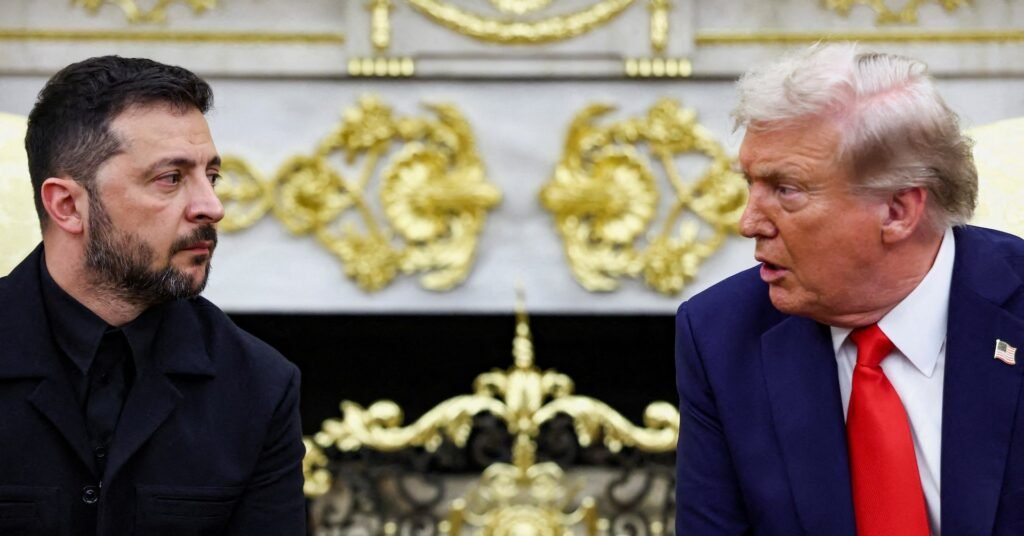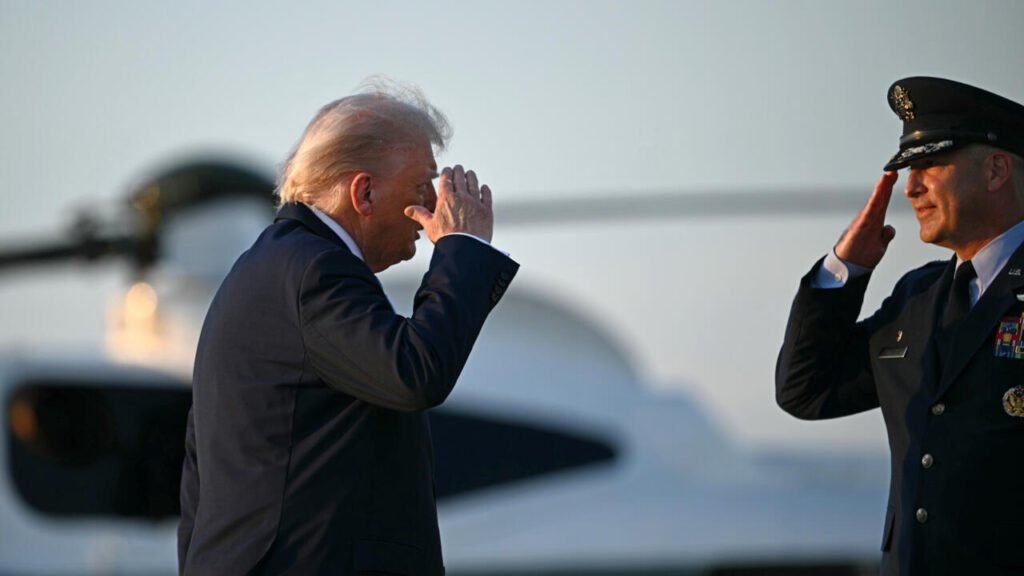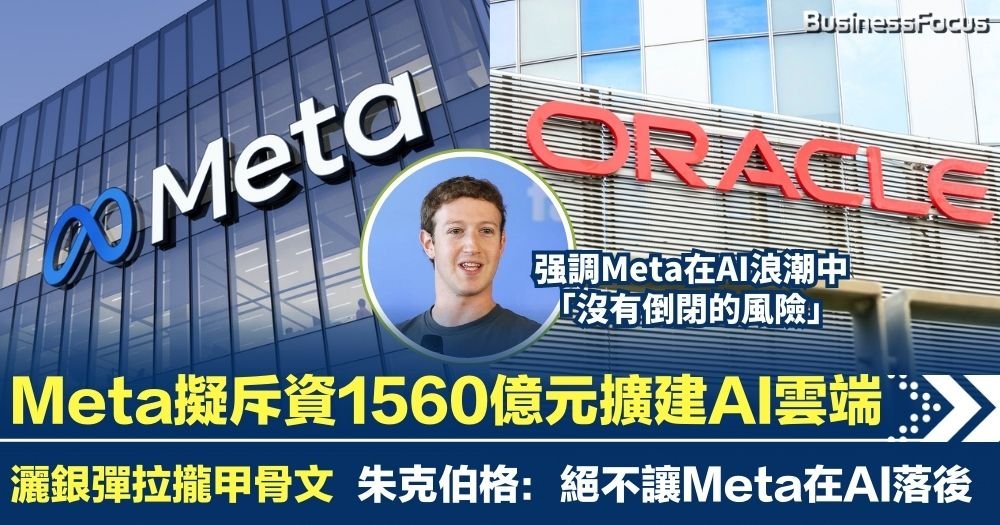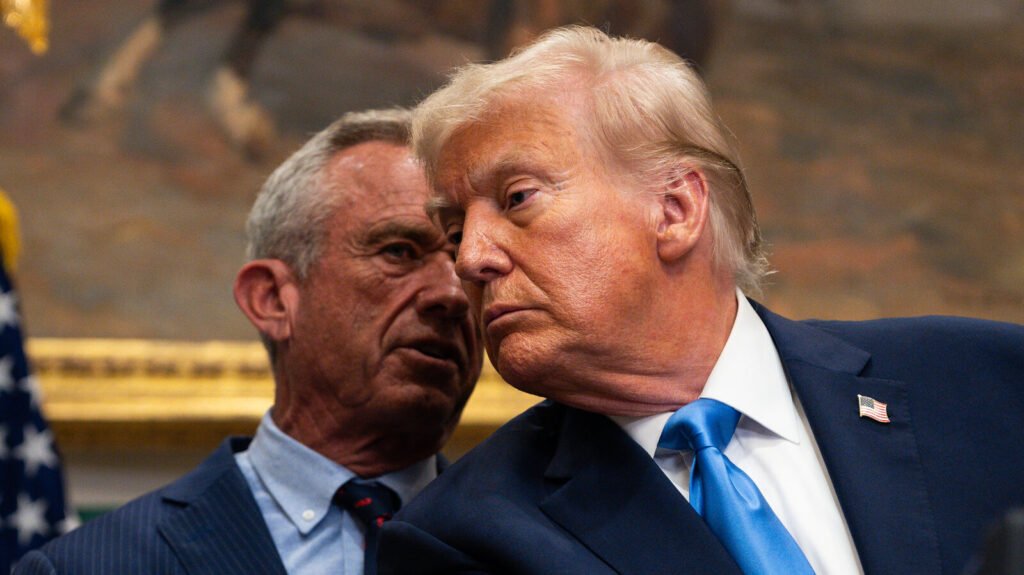
WASHINGTON, DC – SEPTEMBER 19: A poster of the “Trump Gold Card” is seen as President Donald Trump delivers remarks in the Oval Office at the White House on September 19, 2025 in Washington, DC. The “Trump Gold Card” is a visa that allows foreign nationals permanent residency and a pathway to U.S. citizenship for a $1 million investment in the United States. (Photo by Andrew Harnik/Getty Images)
Getty Images
How much will it cost to become a “lawful permanent resident” of the United States?
With the formal Oval Office unveiling of Trump’s new ‘Gold Card’, along with a signed Executive Order, we now know the answer.
For $1 million, applicants can obtain U.S. residency, and for $5 million, you will have the ability to spend up to 270 days in the United States without being subject to U.S. taxes on non-U.S. income.
With this, the United States is entering its residency-by-investment era. The initiative, announced by Commerce Secretary Howard Lutnick, aims to raise more than $100 billion for the Treasury.
Approved Gold Card applicants will receive lawful permanent resident status through the EB-1 or EB-2 visa categories. EB Visas, known as ‘Einstein Visas’, have been reserved for individuals with “extraordinary ability” or advanced professional degrees.
The Gold Card concept, which was reportedly born from a conversation between financier John Paulson and former President Donald Trump, has already ignited some debates across political, economic and social spheres, especially regarding its fairness. While the financial implications are undeniably significant, the program raises questions about equity and ethics. What will be the long-term impact on U.S. immigration policy? And will U.S. immigration eventually become pay-to-play only?
SHANGHAI, CHINA – JUNE 12: A netizen holds a smartphone displaying the website for registering interest in the new gold card visa on June 12, 2025 in Shanghai, China. U.S. President Donald Trump’s long-touted “gold card,” which offers foreigners a path to U.S. citizenship after paying $5 million to the government, is open for business. (Photo by Wang Gang/VCG via Getty Images)
VCG via Getty Images
How It Works
The process is both simple and straightforward. Those seeking to apply for a Visa can go online to TrumpCard.Gov to enter the queue and begin the process by filling out a few simple questions.
Once completed, applicants will then be contacted by the United States Citizenship and Immigration Services to facilitate a background check, and will be notified of approval from their
Individuals can purchase a “Trump Gold Card” for $1 million, which entitles the cardholder to “receive US residency in record time”. Businesses can buy the same card to sponsor employees. However, their cost is $2 million and will allow companies the flexibility of transferring the cards sponsorship to another employee in the future without paying a new fee.
Coming soon is the Trump Platinum Card, which for a price of $5 million will allow the cardholder to reside in the United States without being subject to U.S. taxes on non-U.S. income. The Platinum Card is designed to attract wealthy foreign residents while shielding global earnings from domestic taxation. For high-net-worth individuals, the Platinum tier transforms the program from a pure residency play into a tax strategy.
Legal questions remain, while existing U.S. immigration law does not explicitly authorize the sale of visas. Strict criteria around talent and education currently define EB-1 and EB-2 categories. Whether the administration can unilaterally recast them as pay-to-enter visas is likely to face immediate challenges in the courts.
PLAINS, GEORGIA – OCTOBER 1: People are being sworn in at a Nationalization Ceremony hosted by the Jimmy Carter National Historical Park on October 1, 2024 in Plains, Georgia. 100 people are receiving their citizenship today in celebration of Former President Jimmy Carter’s 100th birthday. (Photo by Megan Varner/Getty Images)
Getty Images
Is Selling Residency Without Citizenship A Good Idea?
The Gold Card program fundamentally shifts the narrative around U.S. residency, framing it as a commodity rather than a privilege earned through traditional processes. While new for the U.S., Golden Visas are sold in places like the United Arab Emirates, where foreign nationals can obtain a 10-year Golden Visa, if they invest AED 2 million ($545,000) in real estate in the country. Portugal, Spain and Italy, among others, offer options as well.
Historically, U.S. immigration policy has been rooted in principles of opportunity, diversity and merit. The introduction of a more formal pay-to-play system challenges these ideals, possibly undermining public trust in the fairness and integrity of the immigration process. It also raises questions about the message this sends to the global community. Is the U.S. prioritizing financial gain over its commitment to being a beacon of hope and opportunity for the most talented? Not yet, but with scale, perhaps.
While Gold Card holders will have the right to apply for citizenship, the program’s design appears to cater to individuals who might not fully integrate into American society. Mr. Lutnick has acknowledged that buyers of the Platinum Card could sidestep U.S. taxation on U.S.-earned income, creating a scenario where wealthy individuals can enjoy the benefits of U.S. residency without fully participating in its civic responsibilities.
Another potential issue is the impact on housing markets and local economies. An influx of ultra-wealthy residents could drive up property values in desirable areas, exacerbating affordability challenges for middle- and lower-income Americans. This gentrification could deepen existing economic divides, fueling new social tensions regarding immigration.
While background checks are in place, there’s also concern the program could attract bad actors seeking to exploit loopholes or engage in fraudulent activities in the U.S. Thus, to maintain its credibility, the program requires robust oversight and accountability to those approved.
MIAMI – JUNE 14: New citizens wave their flags after being sworn in with 3,000 others at the Miami Beach Convention Center June 14, 2006 in Miami Beach, Florida. The new United States citizens came from over 100 different countries. (Photo by Joe Raedle/Getty Images)
Getty Images
Balancing New Ideas with Integrity Is The Future
The Gold Card initiative represents a bold and innovative approach to treasury fundraising, which could lead to a road to decrease the U.S. national debt, which exceeds $36.22 trillion, a figure that increases an average of $4.87 billion per day, or $202.94 million per hour. This could also be the start of a new, more capitalistic approach to U.S. immigration demand. However, its success will likely depend on who gets approved and how they’re positioned. As of right now, the visa holder’s identities remain private. Will their names and faces be highlighted as part of the program, and will those granting the visas ensure that these individuals align with the nation’s values and long-term interests?
What remains to be seen is whether the Gold Card program will be remembered as a visionary solution to the nation’s fiscal challenges or as a cautionary tale of what happens when financial ambitions take center stage.







